|
Freedom of speech and a free press are essential components of a democratic society. But they’re missing in a great many countries. In Africa, journalists work under incredibly difficult conditions in some countries. Take Uganda, where President Yoweri Museveni has adopted an increasingly aggressive stance towards the media. The most recent attack was against feminist activist Stella Nyanzi who has been detained after a Facebook post in which she ridiculed Museveni. She faces a charge of “cyber harassment and offensive communication”. Kylie Thomas sets out the significance of the stand she’s taken against the abuse of power in Uganda as well as against homophobia and attacks on freedom of expression.
Despite these attacks, a great many journalists have continued to speak truth to power. This follows a long and strong tradition of investigative journalism. This is celebrated in a newly published book that looks at the muckrakers in southern Africa who have exposed corruption and sought to hold leaders to account over the last three centuries. Anton Harber explains.
|
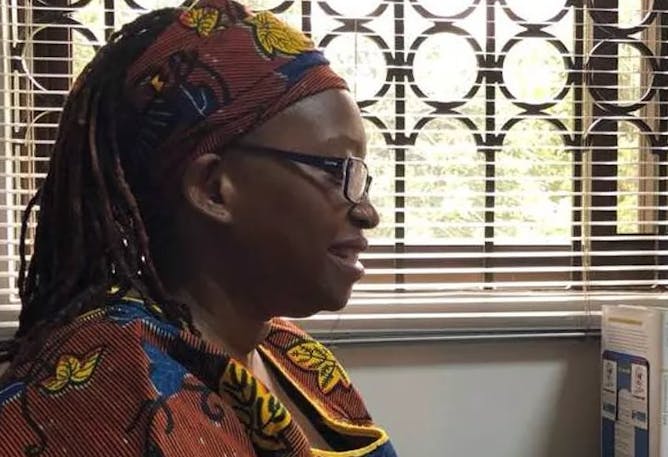
Stella Nyanzi at work.
Stella Nyanzi/Facebook
Kylie Thomas, University of the Free State
Academic Stella Nyanzi has been daring in her critique of Uganda's Yoweri Museveni. She now faces jail for her outspokenness.
|
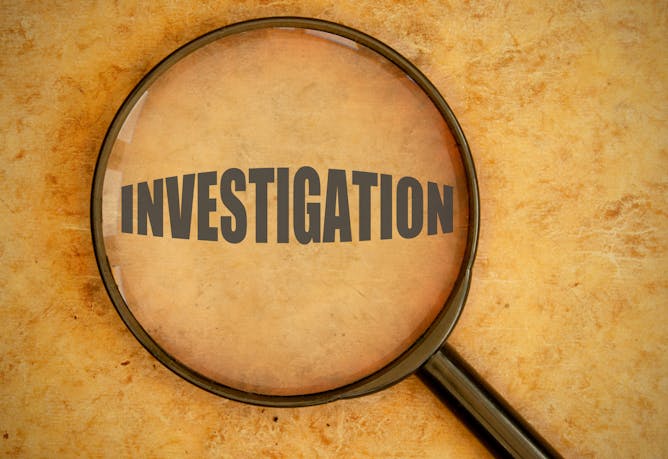
New book extends the canon of investigative journalism from 1706 through to 2017.
shutterstock
Anton Harber, University of the Witwatersrand
A new book celebrates the long and rich history of investigative reporting in southern Africa, and highlights some hidden and forgotten gems.
|
Politics + Society
|
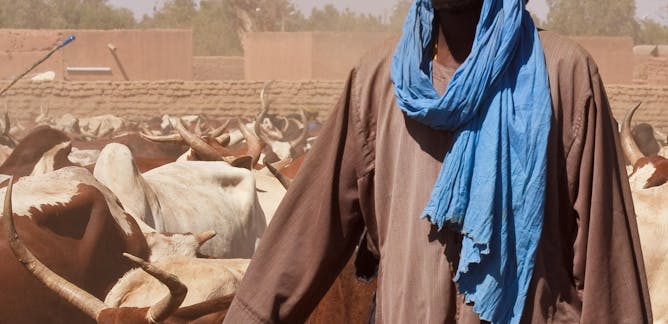
Tor A Benjaminsen, Norwegian University of Life Sciences
Herders and farmers are unhappy about the way a corrupt state exploits rural peasants.
| |
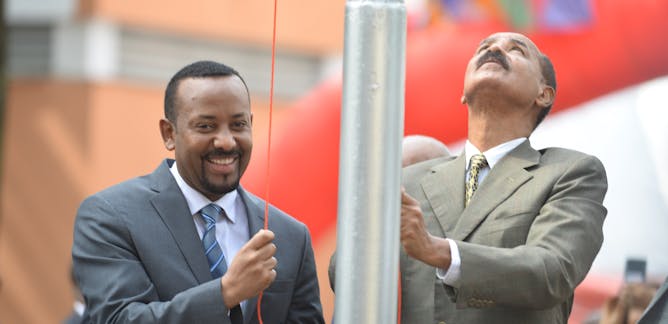
Martin Plaut, School of Advanced Study
The lifting of UN Sanctions is unlikely to end internal and external pressure for reform and greater democracy in Eritrea.
|
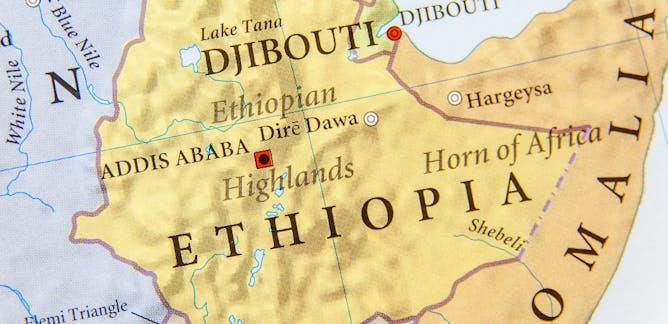
Namhla Matshanda, University of the Western Cape
Tensions, both within Ethiopia and between Ethiopia and its neighbours, are rooted in history.
| |
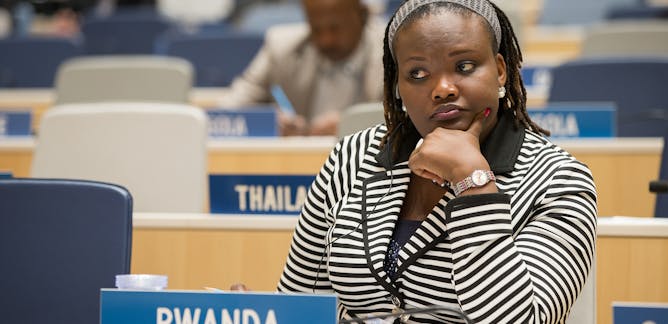
Bert Ingelaere, University of Antwerp; Andrea Guariso, Trinity College Dublin; Marijke Verpoorten, University of Antwerp
Women identify more with their government representatives based on ethnicity rather than gender.
|
|
|
Business + Economy
|

Mills Soko, University of Cape Town
Steinhoff was the darling of investors, asset managers, analysts and financial journalists. But its success was built on shaky foundations.
| |
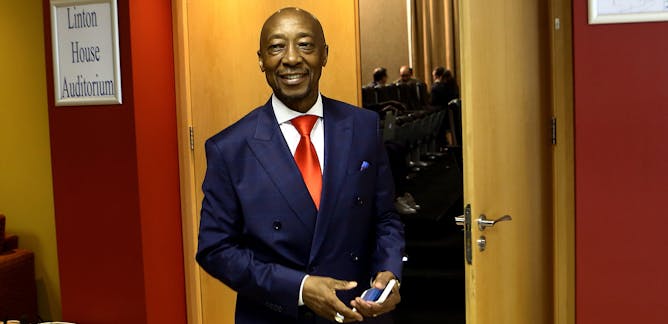
Dirk Kotze, University of South Africa
Moyane's axing ends one of the last vestiges of Zuma's continued influence in the country's governance.
|
|
|
Science + Technology
|
-
Victoria Gibbon, University of Cape Town
Scavengers play an important but often poorly understood role in how fast bodies decompose.
|
|
Education
|
-
Oludayo Tade, University of Ibadan
Government remains the major funder of universities. But it hasn't met its obligations even though many institutions face serious infrastructure decay.
|
|